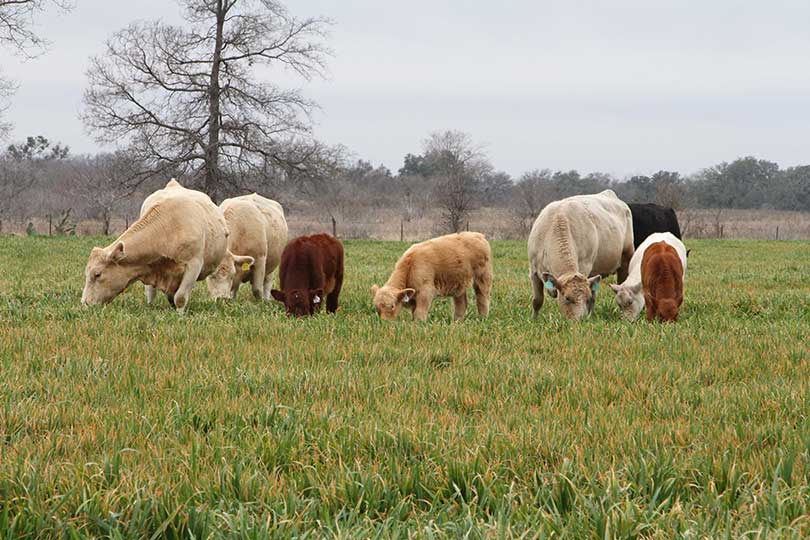By Justin Green
Staff Writer
A recently proposed Animal and Plant Health Inspection Service (APHIS) rule would require each state to create a new way to classify their susceptibility to tuberculosis (TB) and brucellosis in cattle and farm-raised deer.
The agency estimates a $3 million to $8.5 million price tag for states to implement this rule. These expenses are divvied up to develop a state health plan, reporting, costs of testing and more.
States would be classified as consistent, provisionally consistent or inconsistent for TB and brucellosis according to their health plan standards. If a herd is found with a positive animal, the program calls for state animal health officials to test and remove infected animals from a herd.
“TB can dramatically decrease productivity in livestock,” said Tracy Tomascik, Texas Farm Bureau Commodity and Regulatory Activities associate director. “This disease mostly affects the animal’s lymph nodes and respiratory system and could cause carcass condemnation. That results in lost value as a beef animal.”
TB is a difficult disease to control because it can be easily transmitted and survive in the environment for months. Brucellosis, also a closely monitored disease, can have a severe economic impact by causing late-term abortions in cattle.
Wildlife reservoirs also pose a problem for controlling and eradicating both diseases.
The Yellowstone area is an active reservoir for TB and brucellosis in native bison and elk. This agency effort aims to prevent the spread of the disease, because eradication in this area may be next to impossible, Tomascik said.
But ranchers question the need for the rule change due to low prevalence of the diseases and the need to combine two disease rules into one.
“It’s a lot of proposed work on us for surveillance of diseases that we have basically eradicated in Texas,” said Jay Wade Johnson, rancher and Swisher County Farm Bureau member.
The proposed rule comes with increased costs—the price of the test and a veterinarian to administer it.
USDA granted a 30-day extension to the comment period. Comments must now be submitted by April 16.
TFB is reviewing the proposed rule and program standards as they align with state and national policy.

